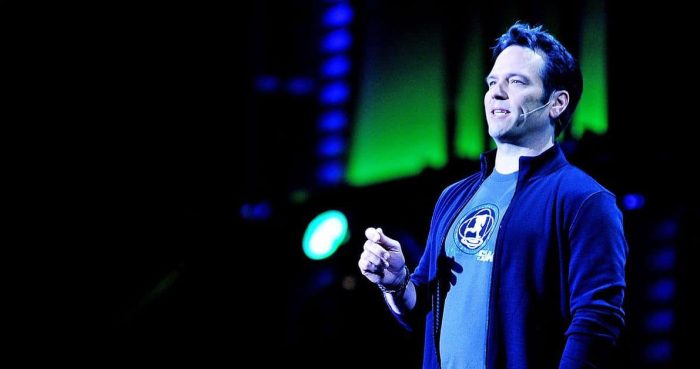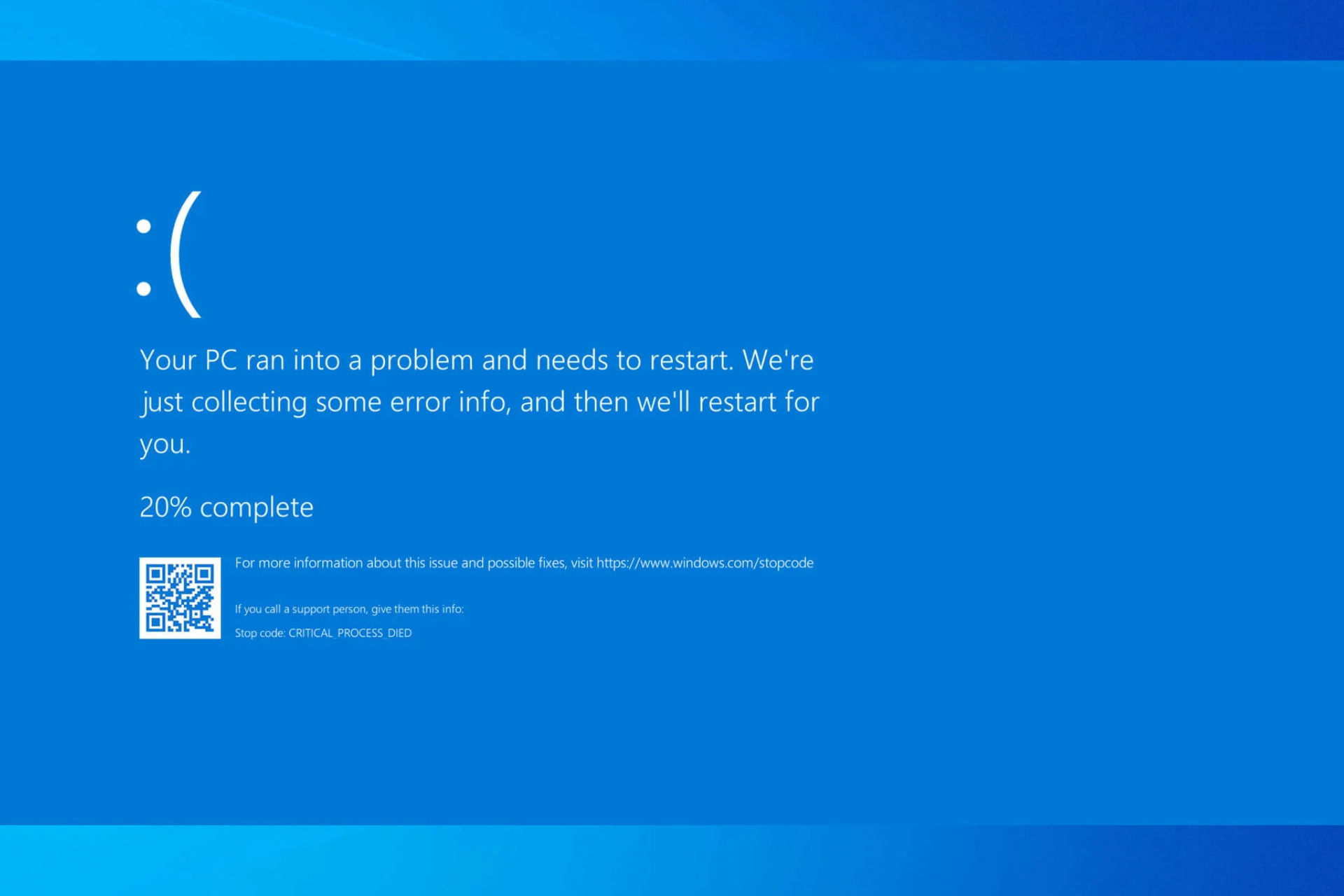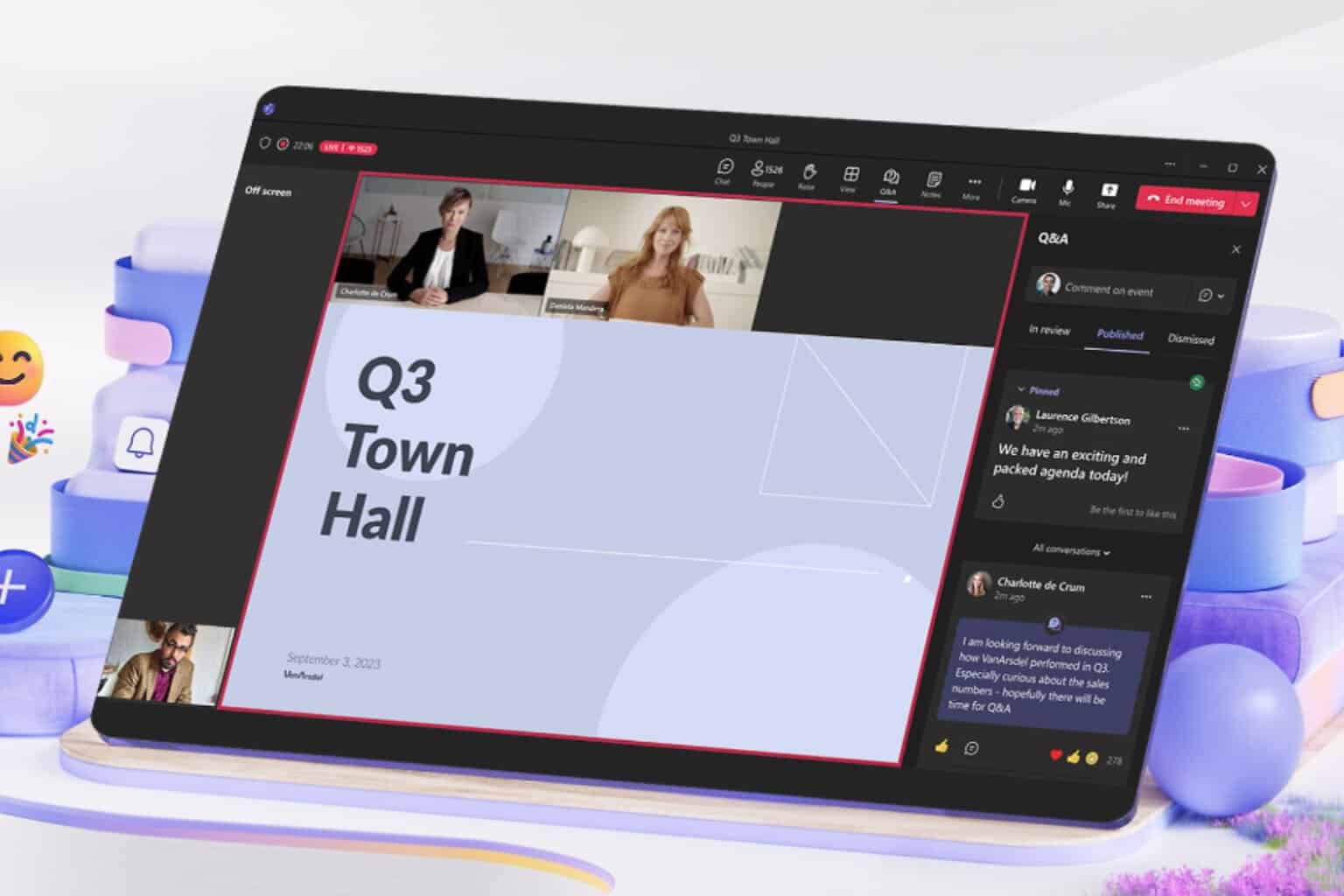Microsoft’s Phil Spencer talks about toxic gaming culture in DICE keynote
2 min. read
Published on
Read our disclosure page to find out how can you help Windows Report sustain the editorial team. Read more

During his keynote speech at the DICE Summit in Las Vegas, Microsoft’s head of Xbox, Phil Spencer, focused heavily on the evolution of Microsoft into a company that’s more accepting of new ideas and embracing diversity.
“We stand for inclusivity. I personally committed to do better,” he said. “I think it’s a leader’s job to absorb the hit, to take personal accountability. And to be clear about our culture: who we are and what we stand for. Just as culture is renewing Microsoft, I think culture can be the tool that enables us to realize the true power and potential of gaming.”
Spencer also spoke about how unique the gaming culture and industry is, emphasising on its ability to bring people together despite their different backgrounds. “It is the only art form where you walk in someone’s shoes and you see the world from their eyes. It’s the only art form where you are on equal footing, regardless of age, education, socioeconomics, race, religion, politics, gender, orientation, ethnicity, nationality, or ability,” Spencer enthused. “This is why gaming can be one of the great equalizers and great unifiers for society. Together, we can make gaming a reflection of the world we don’t just want to see, but help change it into the world we want it to be.”
An issue that has been discussed more in gaming circles and in the media recently is harassment and abuse both in the video game industry and the games themselves (via online interactions). Spencer emphasised how much Microsoft is aware of these issues and encouraged those listening to try put an end to toxicity in gaming culture when given the chance.
“Honestly, toxic behavior doesn’t just hurt the individual it hurts our entire industry,” he said. “When toxicity is aimed at one of us, it stops with all of us. That’s why I’m encouraged when our community comes together to talk about specific actions.”
Spencer spoke in rather general terms and didn’t offer too many solutions, instead presumably aiming to provide a springboard for further cultural change.
Do you think there’s a problem with toxic behavior in video game communities and has Microsoft done a good job dealing with it? Share your thoughts with the community in the comments below.








User forum
0 messages